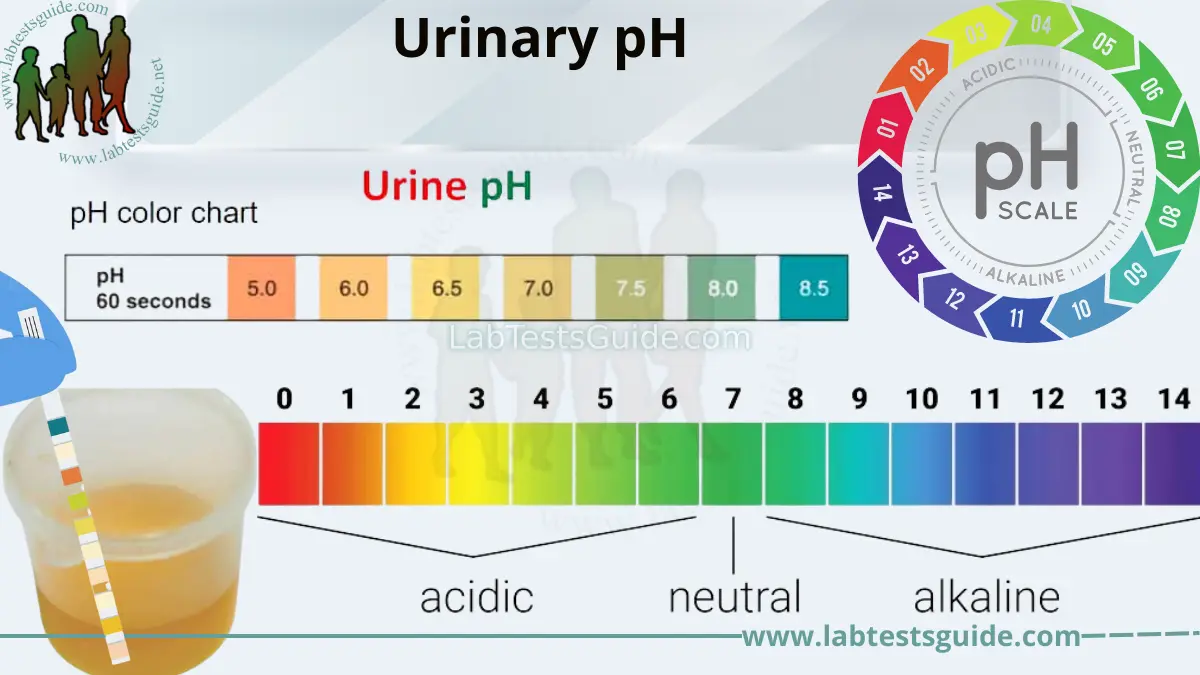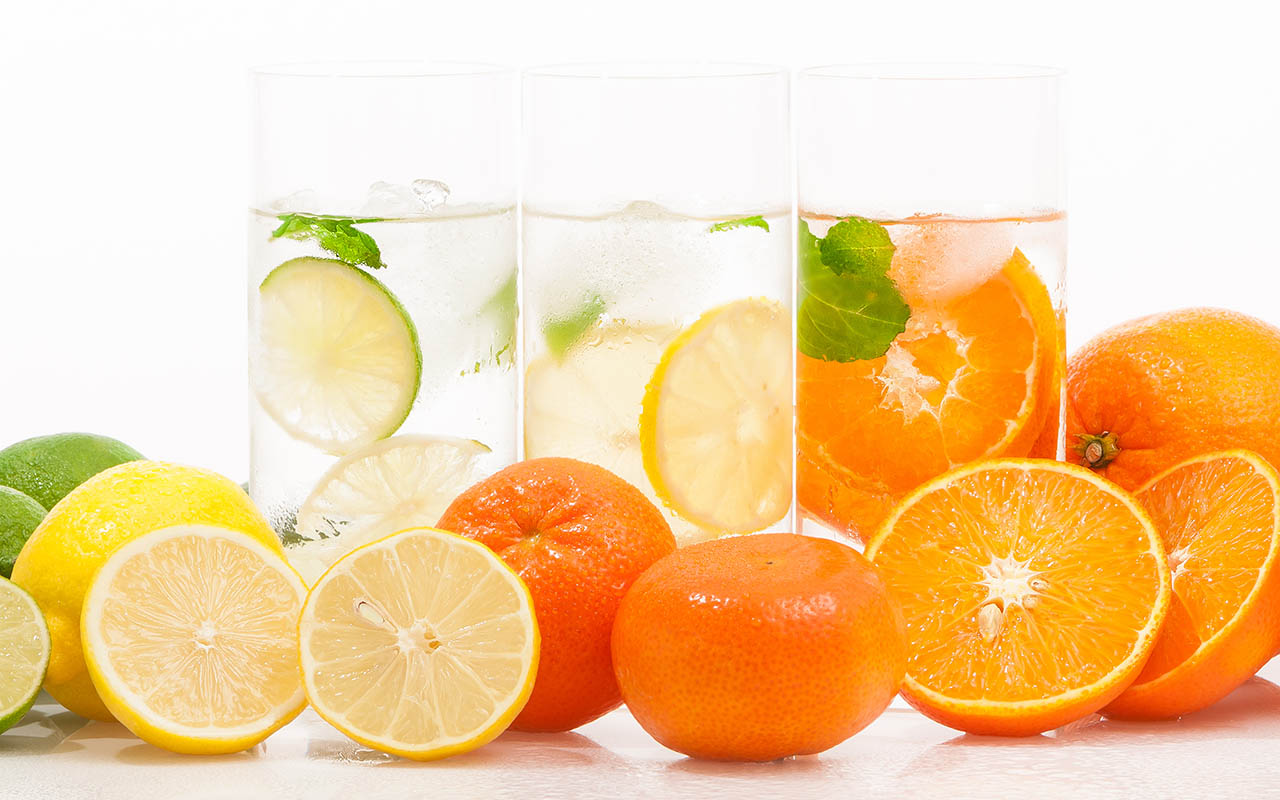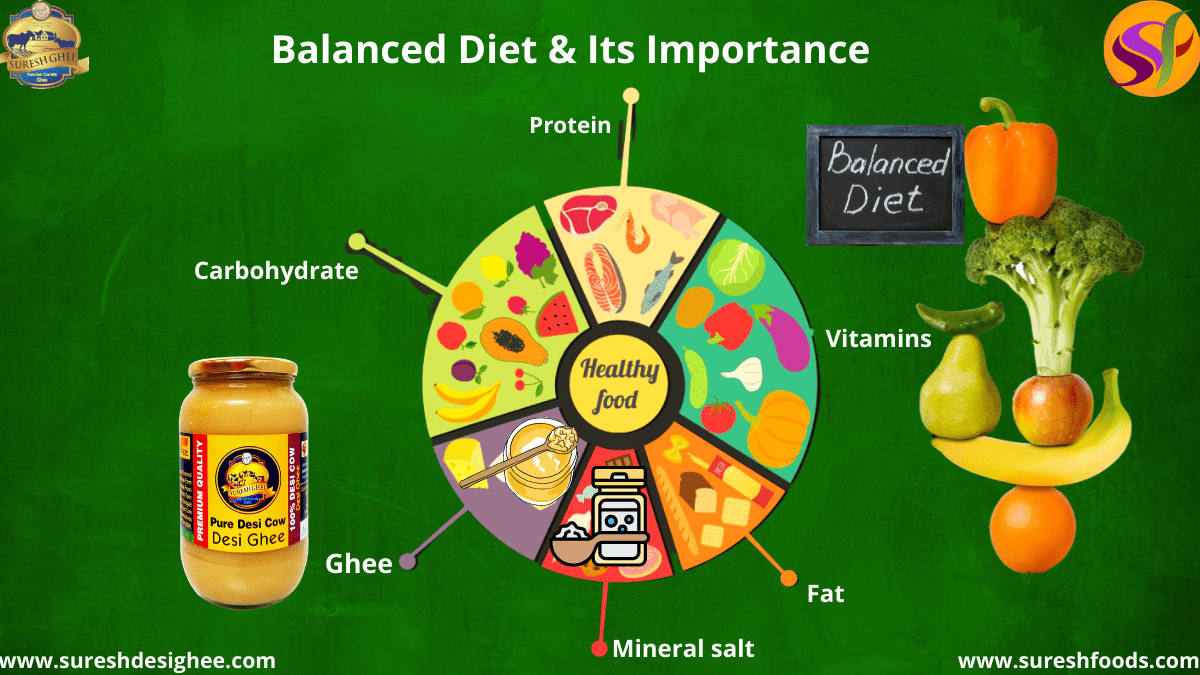Maintaining a balanced urine pH is vital for preventing the formation of kidney stones, which can cause significant discomfort and potential complications. Thankfully, there are certain foods with alkalinizing properties that can help balance urine pH, reducing the risk of kidney stone formation. In this article, we will explore five helpful pieces of information about these foods and their benefits in promoting urinary health.
1, Importance of urine pH balance.
Maintaining a proper urine pH balance is indeed important for preventing kidney stone formation. Kidney stones are hard deposits that form in the kidneys when certain minerals and substances in the urine crystallize and clump together. The composition of kidney stones can vary, but the most common types are calcium stones, which form when calcium combines with oxalate or phosphate.
The pH of urine refers to its level of acidity or alkalinity, and it is measured on a scale of 0 to 14. A pH value below 7 is considered acidic, while a pH value above 7 is alkaline. The ideal urine pH for most people is slightly acidic, ranging from 6 to 6.5. This pH range helps prevent the formation of kidney stones.
When the urine becomes too acidic or too alkaline, it can create an environment that promotes the formation of kidney stones. If the urine is too acidic (low pH), it increases the concentration of substances like uric acid and calcium oxalate, which are more likely to crystallize and form stones. On the other hand, if the urine is too alkaline (high pH), it can lead to the formation of calcium phosphate stones.
To maintain a proper urine pH balance, it is recommended to consume a balanced diet that includes foods with alkalinizing properties. These foods, such as fruits, vegetables, and certain legumes, have a higher content of alkaline minerals, such as potassium and magnesium. When metabolized, these minerals can help raise the pH of urine, making it more alkaline and reducing the risk of kidney stone formation.
However, it's important to note that maintaining a healthy urine pH is just one factor in preventing kidney stones. Other factors, such as adequate hydration, reducing sodium intake, controlling underlying medical conditions, and avoiding excessive consumption of certain foods (e.g., high oxalate foods for those prone to calcium oxalate stones), are also important for kidney stone prevention.
If you have concerns about kidney stones or urine pH balance, it is recommended to consult with a healthcare professional who can provide personalized advice based on your specific situation.
2, Alkalinizing foods to include.
While lemons, oranges, and watermelons may have acidic properties outside the body, they have an alkalinizing effect when metabolized, making them beneficial for maintaining urine pH balance. Here are some alkalinizing foods that can contribute to balancing urine pH:
Citrus fruits: Lemons, oranges, grapefruits, and limes are rich in citric acid, which is metabolized into bicarbonate in the body, helping to raise urine pH.
Leafy green vegetables: Spinach, kale, Swiss chard, and other leafy greens are alkaline-forming foods. They contain minerals such as magnesium, which can help raise urine pH.
Almonds: Almonds are alkaline-forming nuts that provide healthy fats, fiber, and essential nutrients. They can help balance urine pH when consumed in moderation.
Cucumber: Cucumbers have a high water content and are alkaline-forming, making them a hydrating and pH-balancing food.
Celery: Celery is a low-calorie vegetable that is alkaline-forming. It can contribute to a more alkaline urine pH when included in the diet.
Cruciferous vegetables: Broccoli, cauliflower, cabbage, Brussels sprouts, and other cruciferous vegetables are rich in alkaline minerals and fiber, which can help maintain a balanced urine pH.
Avocado: Avocados are nutrient-dense fruits that have an alkalizing effect on the body. They provide healthy fats, fiber, and minerals.
Melons: Watermelons, cantaloupes, and honeydew melons have high water content and are considered alkalinizing fruits.
It's important to note that the alkalinizing effect of these foods occurs during metabolism in the body, rather than their initial acidic or alkaline nature. Including a variety of these foods in your diet, along with drinking plenty of water, can help promote a healthy urine pH and reduce the risk of kidney stone formation.
3, Hydration and citrus fruits.
Staying well-hydrated is indeed crucial for maintaining proper urine pH balance. Drinking an adequate amount of water throughout the day helps dilute urine and promotes regular urination, which can prevent the concentration of minerals and substances that contribute to kidney stone formation.
In addition to hydration, citrus fruits like lemons and oranges can be beneficial for urine pH balance. While they contain citric acid, which may seem counterintuitive, these fruits have an alkalinizing effect on the body when metabolized. Citric acid is metabolized into bicarbonate, a compound that helps raise urine pH levels, making the urine more alkaline.
One way to incorporate citrus fruits into your hydration routine is by adding lemon or orange slices to water. This not only adds a refreshing flavor to your water but also provides a source of citric acid that can contribute to urine alkalization. However, it's important to note that consuming citrus fruits alone may not significantly impact urine pH unless consumed in large quantities. It is the metabolic process that occurs in the body after consuming these fruits that produces the alkalinizing effect.
Remember to maintain a balanced approach to hydration and include a variety of other alkalinizing foods, as mentioned earlier, to support urine pH balance and overall kidney health. Consulting with a healthcare professional or a registered dietitian can provide personalized guidance on maintaining proper urine pH and preventing kidney stone formation based on your specific needs and health conditions.
4, Importance of a balanced diet.
Maintaining a balanced diet is essential for overall health, including kidney health and urine pH balance. While alkalinizing foods can play a role in balancing urine pH, it's important to consider the broader picture of a well-rounded diet that includes a variety of nutritious foods. Here are some key points to consider:
Variety of fruits and vegetables: Incorporate a wide range of fruits and vegetables in your diet to ensure you receive a diverse array of vitamins, minerals, and antioxidants. This can help support overall health, including kidney health. Aim for different colors and types of produce to maximize nutritional benefits.
Whole grains: Choose whole grains like brown rice, quinoa, whole wheat bread, and oats instead of refined grains. Whole grains provide fiber, vitamins, minerals, and antioxidants, and they can be part of a balanced diet.
Lean proteins: Include lean sources of protein, such as poultry, fish, beans, lentils, and tofu. Protein is important for various bodily functions, but excessive consumption of animal protein, particularly red meat, may increase the risk of certain types of kidney stones. Opt for a balanced intake of protein sources.
Healthy fats: Incorporate sources of healthy fats, such as avocados, nuts, seeds, and olive oil. These fats provide essential fatty acids and support overall health. Avoid excessive intake of saturated and trans fats, which are commonly found in fried and processed foods.
Moderation in sodium intake: Excessive sodium (salt) intake can increase the risk of kidney stone formation by increasing calcium excretion in the urine. Limit your consumption of processed and packaged foods, which tend to be high in sodium. Instead, opt for fresh, whole foods and use herbs and spices to season your meals.
Hydration: Along with a balanced diet, maintain adequate hydration by drinking plenty of water throughout the day. Staying well-hydrated helps dilute urine and prevent the concentration of minerals that contribute to kidney stone formation.
Individual considerations: It's important to note that individual needs and underlying health conditions can vary. If you have specific dietary concerns or are at a higher risk for kidney stones, it's advisable to consult with a healthcare professional or a registered dietitian who can provide personalized guidance based on your unique needs.
In summary, maintaining a balanced diet that includes a variety of nutrient-rich foods, along with proper hydration, is crucial for overall health and kidney stone prevention. Incorporate alkalinizing foods as part of this balanced approach, while also being mindful of other dietary factors that can influence kidney stone formation.
5, Consultation with a healthcare professional.
If you have a history of kidney stones or any concerns about your urine pH balance, it's highly recommended to consult with a healthcare professional, such as a urologist or a nephrologist. They have specialized knowledge and expertise in kidney health and can provide personalized advice based on your specific medical history, risk factors, and current health status.
A healthcare professional can assess your situation, perform any necessary tests or evaluations, and provide tailored recommendations to help prevent kidney stone formation and maintain a healthy urine pH balance. They may consider factors such as your diet, hydration levels, medical conditions, medications, and lifestyle habits to develop an appropriate plan.
In some cases, they may refer you to a registered dietitian who can offer specialized guidance on nutrition, including alkalinizing foods, portion sizes, and meal planning tailored to your needs. This can be particularly helpful if you require specific dietary modifications due to underlying medical conditions or if you need guidance in managing your diet effectively.
Regular follow-up appointments with your healthcare professional can help monitor your progress, make any necessary adjustments to your treatment plan, and address any concerns or questions you may have along the way. Remember, every individual's situation is unique, so seeking professional medical advice is important for optimal management and prevention of kidney stones.
Taking proactive steps to balance urine pH and prevent kidney stone formation is essential for maintaining optimal kidney health. By incorporating alkalinizing foods such as citrus fruits, leafy green vegetables, and hydrating properly, individuals can positively impact their urine pH and decrease the risk of developing kidney stones. However, it is important to remember that dietary modifications should be personalized, and consultation with a healthcare professional is crucial for individualized advice and guidance. By adopting a well-rounded diet and seeking professional assistance, individuals can take control of their urinary health and reduce the likelihood of kidney stone formation.





Comments
Post a Comment